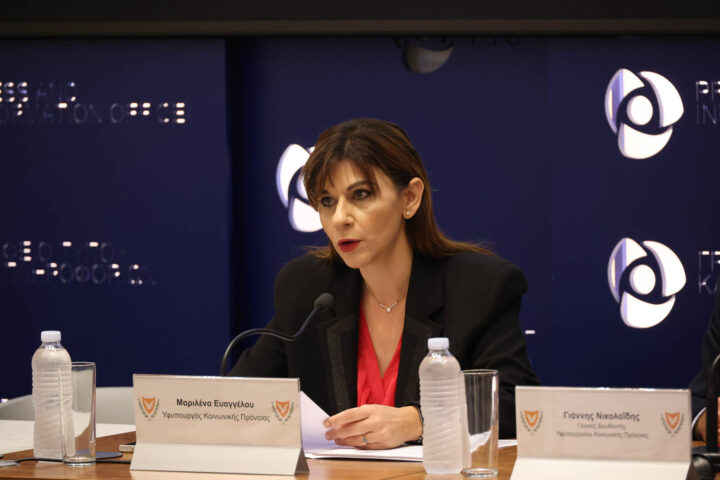The Home for Women refuge has handled over 450 cases of female victims of violence during its first year of a pilot operation, said President Nicos Anastasiades.
“It is in this context, but also our broader policy, the Council of Europe cites Cyprus as an example, applauding the targeted measures we have taken,” said Anastasiades.
At the inauguration of The House of Women, he said, “what one would wish for is that it wouldn’t be necessary for the state to adopt policies to deal with any form of violence and abuse.”
“While they occur, it is a moral responsibility and obligation to protect and support every person subjected to such incidents.”
He said, “the milestone” of the government’s efforts was the ratification in November 2017 of the Istanbul Convention on Preventing and Combating Violence against Women and Domestic Violence.
MPs have also passed laws on the Prevention and Combating of Violence against Women and Domestic Violence, the Protection from Harassment and Surveillance, Establishing Minimum Standards on the Rights, Support and Protection of Victims of Crime and Combating Sexism and Online Sexism.
“At the same time, the inclusion of the term femicide in the Criminal Code is underway; these are three legislative texts lay the foundations for providing specialised protection and practical support to victims of gender, domestic and intimate partner violence.”
The government has entrusted the Association for the Prevention and Handling of Violence in the Family with managing the Home’s Pilot Programme, fully subsidising the first two years of its operation from the Welfare Services with over €726,000.
“It is a space where all women victims of violence, together with their children, have access, without any discrimination, providing a multidisciplinary criminal investigation, psychological, social, counselling, legal and medical support.
“I am absolutely confident that, through the ongoing actions and synergies for the best possible operation and implementation of the programme, our country will become one of the European Union’s pioneers in dealing with these phenomena”.










